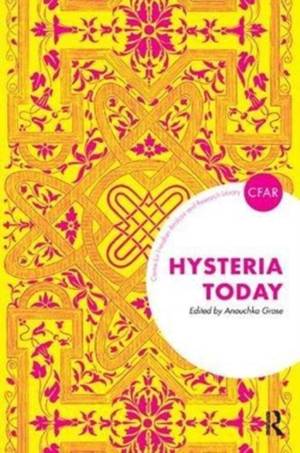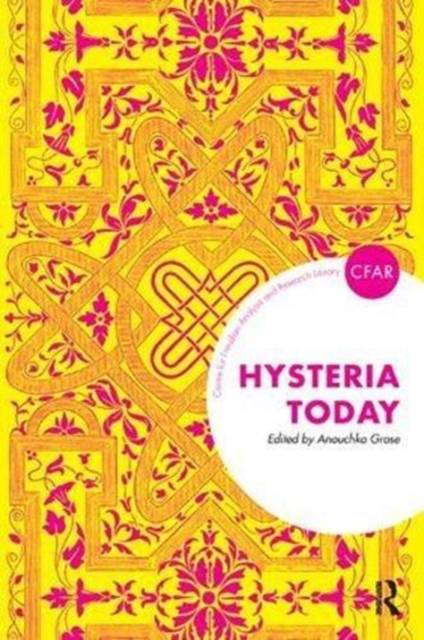
- Retrait gratuit dans votre magasin Club
- 7.000.000 titres dans notre catalogue
- Payer en toute sécurité
- Toujours un magasin près de chez vous
- Retrait gratuit dans votre magasin Club
- 7.000.0000 titres dans notre catalogue
- Payer en toute sécurité
- Toujours un magasin près de chez vous
Description
Hysteria, one of the most diagnosed conditions in human history, is also one of the most problematic. Can it even be said to exist at all? Since the earliest medical texts people have had something to say about 'feminine complaints'. Over the centuries, theorisations of the root causes have lurched from the physiological to the psychological to the socio-political. Thanks to its dual association with femininity and with fakery, the notion of hysteria inevitably provokes questions about women, men, sex, bodies, minds, culture, happiness and unhappiness. To some, it may seem extraordinary that such a contested diagnosis could continue to merit any mention whatsoever. Hysteria Today is a collection of essays whose purpose is to reopen the case for hysteria and to see what relevance, if any, the term may have within contemporary clinical practice.
Spécifications
Parties prenantes
- Auteur(s) :
- Editeur:
Contenu
- Nombre de pages :
- 138
- Langue:
- Anglais
- Collection :
Caractéristiques
- EAN:
- 9781782201045
- Date de parution :
- 13-01-16
- Format:
- Livre broché
- Format numérique:
- Trade paperback (VS)
- Dimensions :
- 152 mm x 226 mm
- Poids :
- 226 g

Les avis
Nous publions uniquement les avis qui respectent les conditions requises. Consultez nos conditions pour les avis.






